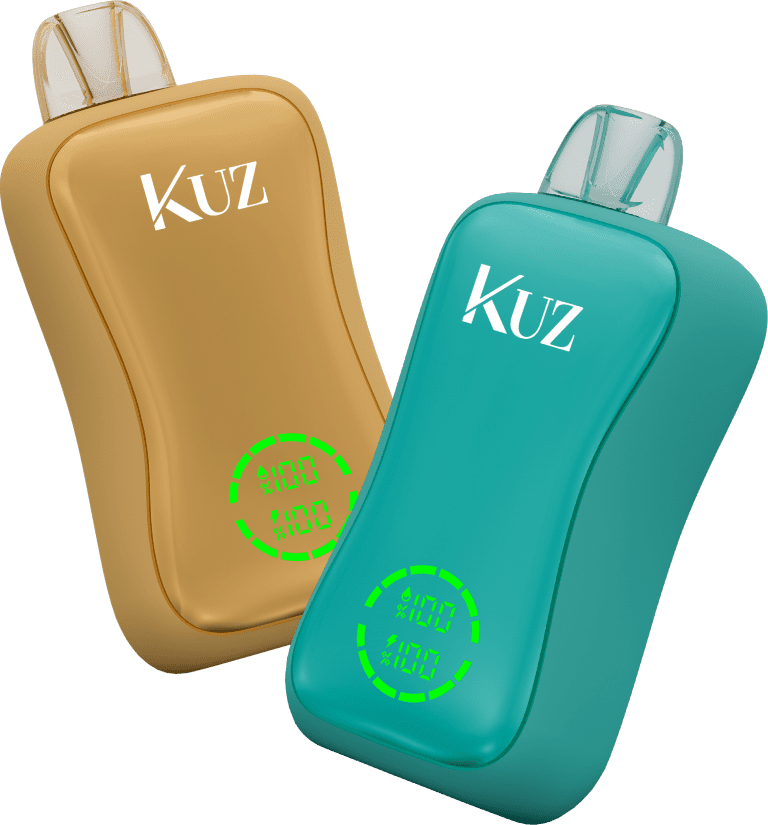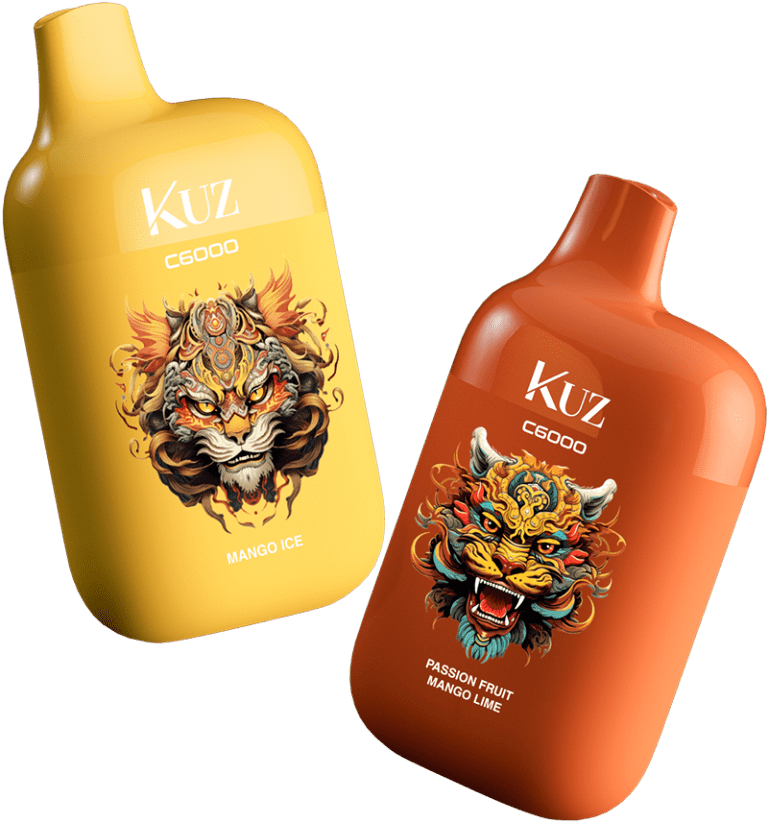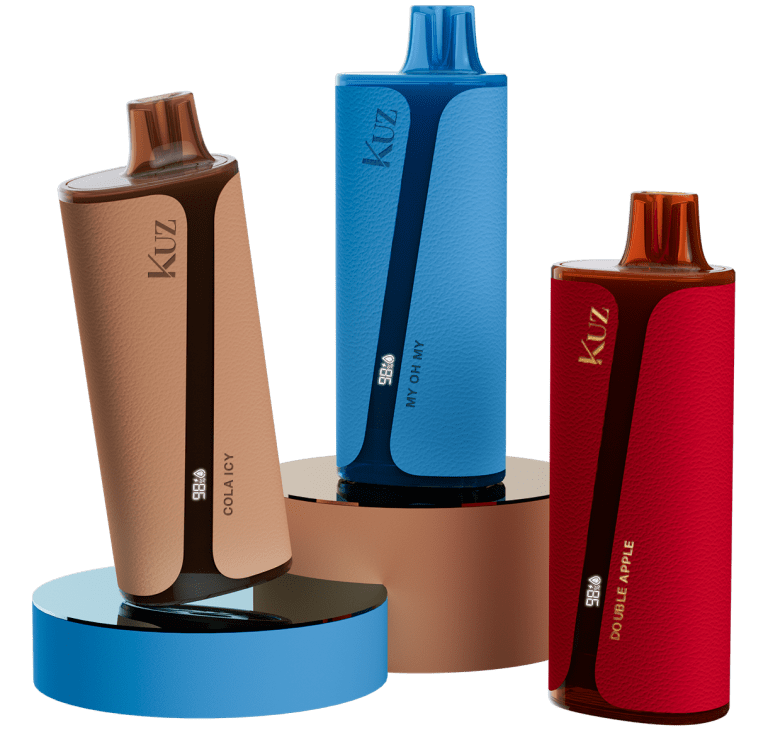Vaping has become a popular trend, not just for nicotine or cannabis, but also for essential oils. The idea of inhaling these concentrated plant extracts for their therapeutic benefits can seem appealing to those looking for natural alternatives. However, the safety and health implications of vaping essential oils are a subject of growing concern among experts.
What Is Vaping Essential Oils?
Vaping essential oils involves using a vaporizer or vape pen to heat the oil until it produces vapor, which is then inhaled. This method promises quick absorption of the oils’ beneficial compounds, making it a tempting option for those who use essential oils for relaxation, anxiety relief, or other therapeutic purposes.
The Risks of Vaping Essential Oils
While vaping essential oils might seem harmless, it poses several serious risks. Essential oils are highly concentrated, and when they are heated to the high temperatures required for vaping, their chemical composition can change. This can result in the formation of volatile organic compounds (VOCs) and other harmful substances that may irritate or damage the lungs and respiratory system.
For example, heating essential oils like lavender or peppermint at high temperatures can produce compounds like acetone and formaldehyde, which are known to be toxic when inhaled. Additionally, the lack of regulation in the essential oil industry means that many products may contain impurities or additives that could further increase the risks when vaporized.
The potential health issues associated with vaping essential oils include:
- Respiratory Irritation: Vaping essential oils can irritate the lung tissues, leading to coughing, wheezing, or shortness of breath.
- Allergic Reactions: Some individuals may experience allergic reactions, especially if the essential oil contains allergens.
- Long-Term Health Effects: The long-term effects of inhaling vaporized essential oils are largely unknown due to the lack of comprehensive studies.
Why Diffusing Is a Safer Alternative
Given the risks associated with vaping essential oils, many experts recommend using diffusers as a safer alternative. Diffusers disperse essential oils into the air at much lower temperatures, which helps preserve their therapeutic properties without altering their chemical structure. This method of inhalation is generally considered safe and effective for enjoying the aromatic benefits of essential oils.
How to Safely Use Essential Oils
If you’re keen on incorporating essential oils into your wellness routine, consider these safer methods:
- Aromatherapy Diffusers: These devices gently disperse essential oils into the air, allowing you to inhale their benefits without the risks associated with vaping.
- Topical Application: When properly diluted, essential oils can be applied to the skin for targeted relief.
- Inhalers: Personal inhalers allow you to inhale essential oils without the need for heat or vaporization.
Conclusion
While the idea of vaping essential oils may be appealing for those seeking natural remedies, the potential health risks far outweigh any perceived benefits. The lack of scientific research on the long-term effects of vaping essential oils, combined with the dangers of inhaling altered chemical compounds, makes this practice highly questionable.
For those interested in the therapeutic benefits of essential oils, diffusing them or using other safe methods of inhalation is strongly recommended. By choosing safer alternatives, you can enjoy the benefits of essential oils without compromising your health.



